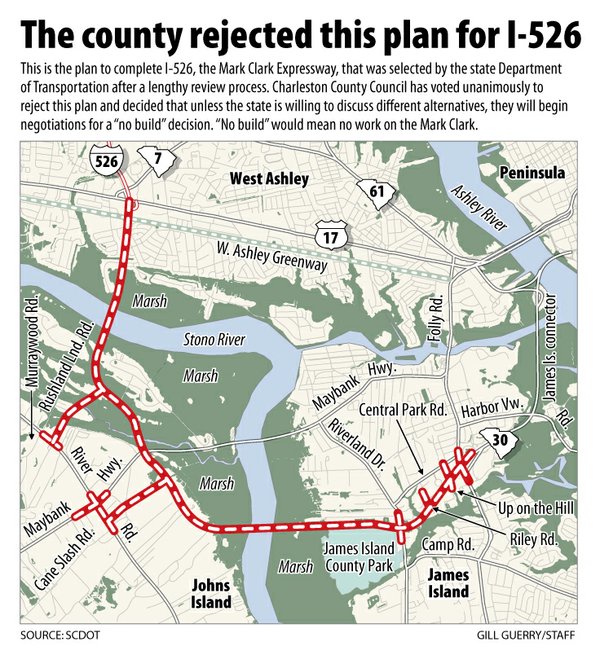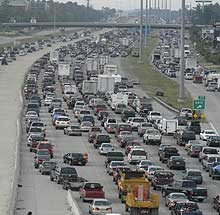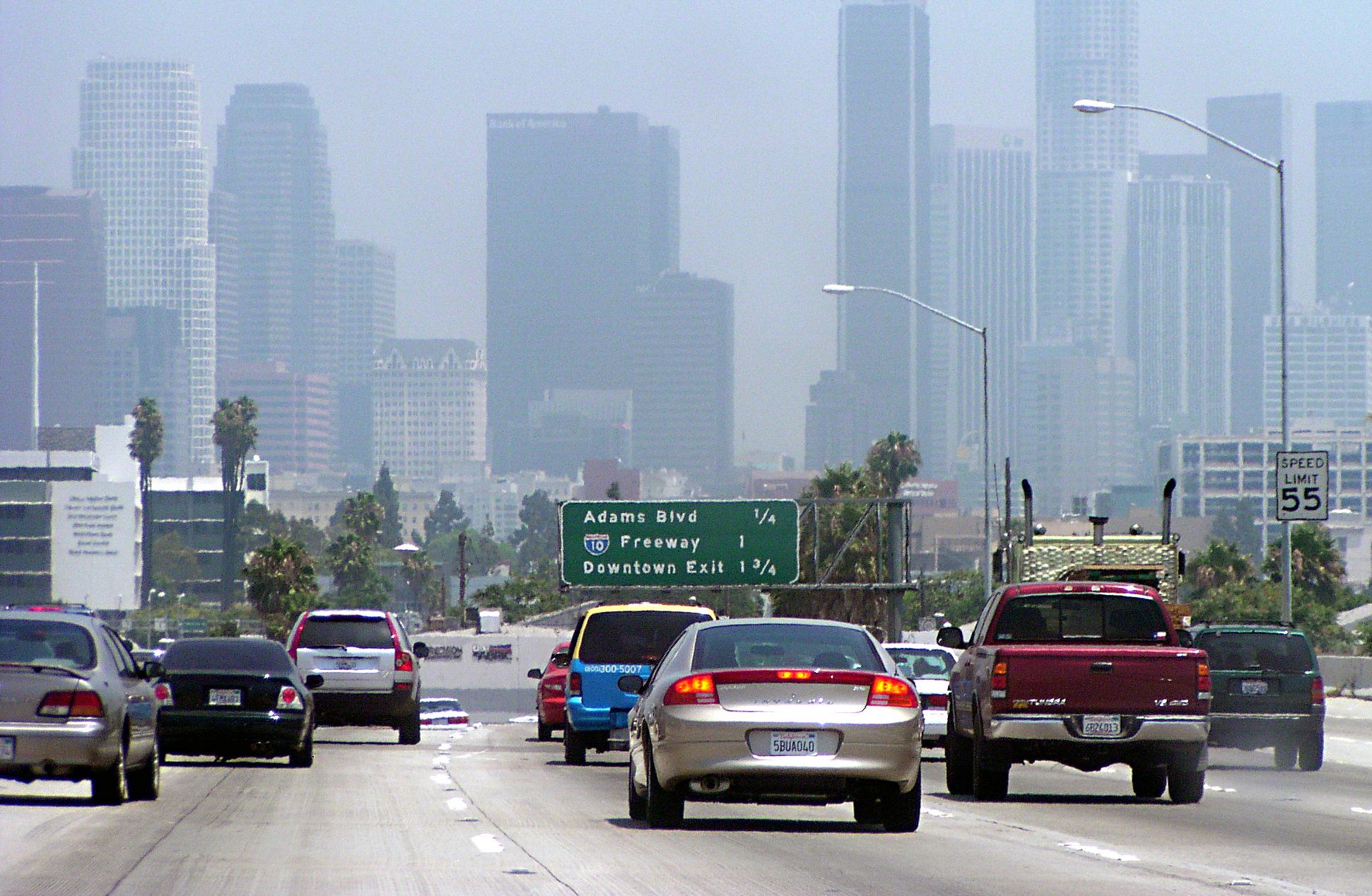Chalk this up as a major victory in the livable streets movement: Thanks to a heroic effort by advocates for smart growth and rural preservation, officials in Charleston, South Carolina have unanimously rejected a plan for a half-billion-dollar highway expansion.

In an 8-0 decision late last week, Charleston County officials voted against an eight-mile bypass plan that was sure to induce sprawl and promote car-dependence. (Streetsblog covered the proposed Mark Clark Expressway, a plan to extend I-526, in a series of stories this February.)
Local media sources have reported that it might be possible for the state to continue the project without the county's permission, under the terms of the contract between SCDOT and Charleston County. And it's still not clear if the county will be forced to reimburse the state for the $12 million already spent on planning.
Advocates for a more livable Charleston still have a huge reason to celebrate. Josh Martin of the Coastal Conservation League called the decision "a truly amazing testament to the power of community organizing and smart growth advocacy."
The League has been working for six years to educate the public about the negative environmental, social and financial impacts of the project. The group even developed an alternative plan to expand and redesign several intersections and corridors in lieu of the highway project.
"It's been a long road but it's well worth the wait," said Martin, who added that the decision represents a "paradigm shift" in transportation planning.
County Council members didn't just reject SCDOT's "preferred alternative," the eight-mile, at-grade highway plan. Perhaps more encouraging, said Martin, they went further, voting 5-3 against building a highway in any form. Given that position, Martin is confident the highway plan is off the table.
John Norquist, president and CEO of the Congress for the New Urbanism, praised Charleston County leaders for their foresight.
"Local officials weren't intimidated by the SCDOT and did what they thought was best for their community," he said. "Extending I-526 to the seashore made no sense from a traffic standpoint, especially if it was intended for hurricane evacuation. When Rita hit Houston, its freeways concentrated traffic into a blockade of stalled vehicles. An enhanced network of smaller scale streets and roads would better improve traffic distribution and provide more reliable commuter and evacuation routes."
When the Coastal Conservation League began its campaign, the group looked across the country for examples of proposed highway projects that were overturned by a public action in recent years. But the last round of successful attempts to stop freeway construction happened a generation ago.
"Now we can become a case study," said Martin.
Martin credited a "comprehensive" opposition effort aided by citizen activists. In the weeks leading up the to vote, opponents drafted letters to the editor, appealed directly to council members, even passed resolutions in neighboring jurisdictions opposing the project.
Perhaps the most critical development, however, came when the project's draft environmental impact statement was released, showing the project would save the average user just 36 seconds of travel time.
"The question became do we want to spend a half billion dollars on a piece of infrastructure that would in essence yield 30 seconds of relief?" said Martin. "People are saying, 'you know, we just cannot continue to plan and implement infrastructure in this regard.'"






